- Y.SH
- Persian Tasty
- 2948 views
- 0 comments
There are more than 40,000 varieties of rice, and it is a staple ingredient in more than 100 countries. Many countries have their rice dish that highlights local cuisine and culture. Rice is a mainstay for many worldwide. Is it healthy to eat rice, or should we avoid this cereal grain? From white rice to brown rice to nutrient-dense black rice and red rice, there are several rice variants, and each one has something good or bad about it.
However, many myths about rice are floating around social media—that eating rice is not suitable for you and that it's a rich source of nutrients. So we decided to clear up the confusion by examining these two notions: one, whether or not people should eat rice, and two, what nutritional value does this grain have?
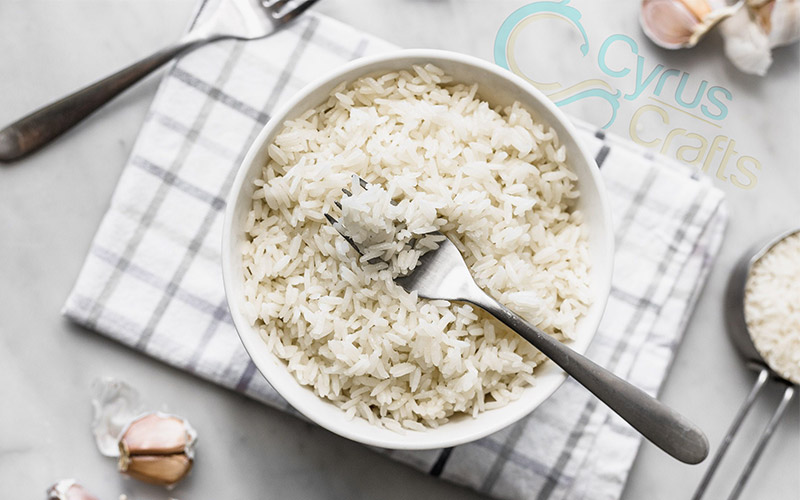
Is Eating Rice Healthy?
Rice is a rich source of carbohydrates, the body's primary fuel source. Carbohydrates help keep you energized and satisfied—and are essential for fueling exercise. Brown rice is an excellent source of many nutrients, including fiber, manganese (which plays a role in muscle function), selenium (a trace mineral that supports immune system health), magnesium (which helps regulate blood pressure), and B vitamins such as thiamin. The Dietary Guidelines recommend that at least half of your grains be whole, and brown rice is an excellent source of nutrients. Even though it's technically not a whole grain, white rice still provides many essential vitamins and minerals to maintain good health.
Looking for a good source to buy rice? Visit Cyrucrafts and purchase whatever type of rice you prefer, with the best quality and at an unbeatable price. Cyrsuscrafts online store has shipping options that allow customers to receive orders in Canada or the United States.
Cyrus Crafts; Luxury & Unique Products
The Effects of Eating Rice on A Daily Basis
Rice contains carbohydrates, which provide the main fuel for your body’s activities. Carbohydrates can keep you energized and satisfied—and are essential for fueling exercise. Brown rice contains various nutrients, including fiber, manganese, selenium, and B vitamins. Because it contains all the essential parts of its kernel (like bran and germ), brown rice qualifies as a whole grain—and should make up half or more of your total grain intake each day. Although white rice is not as nutritious as brown, it still has nutritional value. For example, white rice is a good source of folic acid.
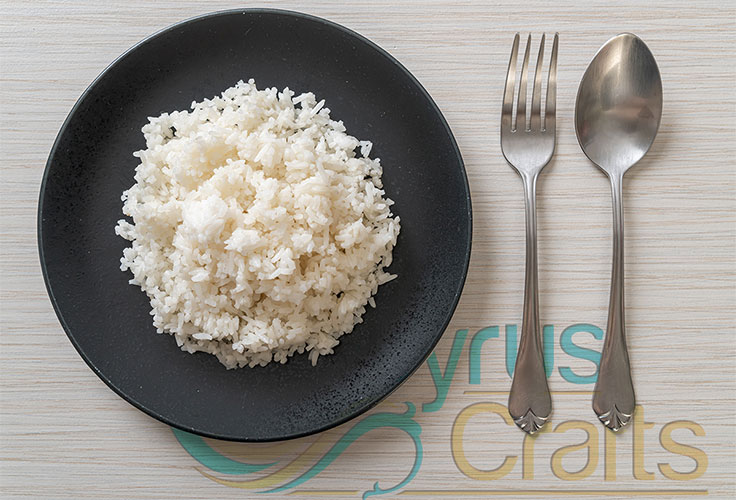
Do I Need to Worry About Arsenic in Rice?
As a result of its growing environment, rice tends to absorb more arsenic than other crops. However, rice can be safely consumed as part of a well-balanced diet—provided that the amount you eat doesn’t exceed certain limits. In published studies by the FDA, research has shown that cooking rice can reduce inorganic arsenic content by up to 60 percent depending on the type of rice.
Is White Rice A “Bad Carb”?
Many people consider white rice an “empty” or “bad carb,” since it loses nutrients when the bran and germ are removed. However, while white rice is enriched with added nutrients such as iron and B vitamins to compensate for this loss (and often even more), brown rice retains all its original nutritional content—making it a healthier alternative for those seeking better sources of fiber & other important micronutrients. While brown rice contains more nutrients than white rice, the two types of grains are both nutritious.
Can Eating Rice Increase Weight?
White rice, by itself, does not have a unique ability to promote weight gain. Studies on the link between refined grains and weight gain are inconsistent—some find that eating such foods leads to body fatness while others do not show any connection. While whole grains such as brown rice can help you lose weight and keep it off, eating too many calories from any food will make you gain weight.
But certain food like Iranian dishes, such as polo and chelo kabob (commonly known as Persian stews), rely heavily on rice to make their signature texture. If you eat these meals in moderation, you'll get all the benefits of eating carbohydrate-heavy food like rice.
Should You Avoid Rice to Lose Weight?
Rice has been vilified for decades: it “makes you fat” and causes all kinds of health problems (none of which are true). Rice is a wonderful food that provides many benefits. These are some common concerns heard in the world, where we fight myths about rice and explain why we should include this nutritious grain in our diet!

What Is The Healthiest Rice to Eat?
You can eat either white or brown rice on the diet — provided the rice has no added salt or fat. The original rice diet calls for using white rice. At the time, it was easier to make and more accessible.
However, both types of rice (brown rice and white rice) are popular and accessible today. but brown rice is also not processed and is a whole grain with more fiber and nutrient value than white rice. If you’re committing to eating completely unprocessed foods, you may want to consider brown rice but do not ignore the benefits of eating white rice.
How Much Rice Can We Eat Every Day?
How much rice you should eat depends on several factors. For example, your age, gender, and size are important because a person will generally need to consume more food as they get older or if they're larger in stature. The level of activity a person engages in is also relevant: the more active an individual is, the more calories he or she needs daily. Finally, there's personal preference: some people just don't like certain foods no matter what kind of pressure others may put them under to try those items!
If you're an athlete or have a high-energy lifestyle, we recommend adding saffron to your rice dishes. Iranian Saffron not only enhances the flavor of food but also has been shown to increase mental alertness in some people.
For a single person, ½ cup of cooked rice per serving will provide roughly 10-15% of the daily calorie requirement. What's important is to make sure that you don't go overboard on portion sizes: Too much rice in your diet can cause weight gain!








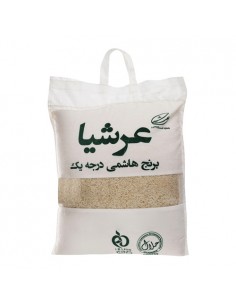

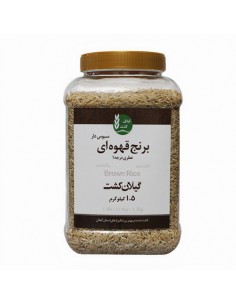

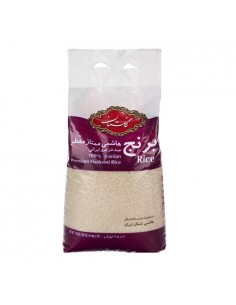

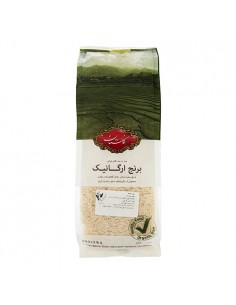

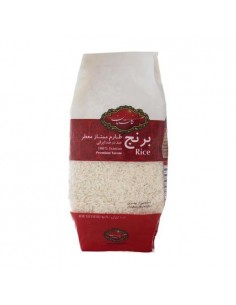

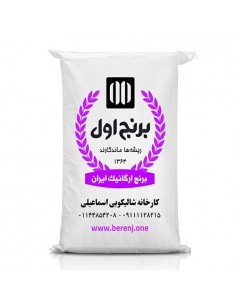

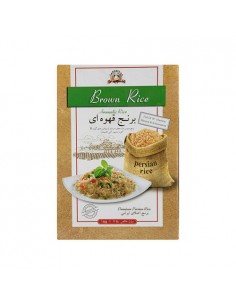

Comments (0)